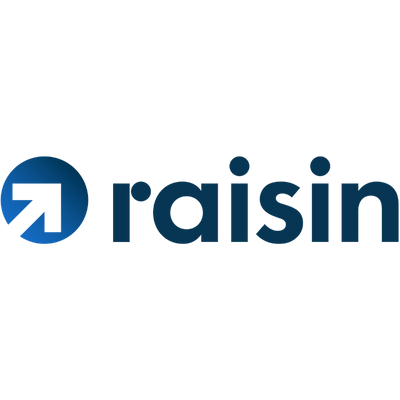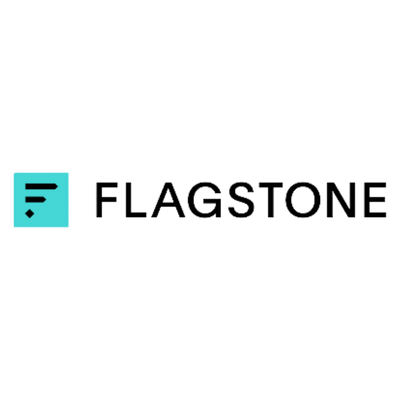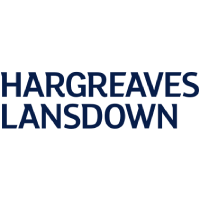
Savings platforms bring together selected savings accounts from different banks and building societies in one place, where savers can then select which ones they want to invest in. These platforms usually only ask savers for their personal and bank details once, removing the need for multiple applications. The savings accounts listed within the savings platforms also usually offer protection of funds up to £85,000 per individual.
The bonus of a savings platform is that savers can easily spread their money between different providers to maximise their Financial Services Compensation Scheme (FSCS) protection. However, savers still need to check that individual brands are not sharing the same banking licence (for example, Saga uses the same banking licence as Marcus by Goldman Sachs®) and should remember that the overall FSCS limit applies whether they’ve taken out an account directly with a provider or through a savings platform. Our guide to who owns whom has a list of different brands and banking licences.
The intention is that the convenience of savings platforms, which are also being dubbed ‘savings supermarkets’, will act to encourage more savers to actively manage their savings accounts and achieve better interest rates. Savers can more easily control what happens to their funds on maturity of an account and can quickly find an alternative. Those who don’t reinvest their maturing funds may find that these are either returned to their nominated bank account or are held in a holding account belonging to the savings platform.
Savvy savers can sometimes get bonus payments through savings platforms too, offering a great way to boost their returns. However, such offers are becoming less common now and these deals can change at any time, so savers should always check the Ts&Cs of the platform they’re considering.
Yes. Savings platforms themselves are regulated but only to allow payments between the banks and building societies they use, so don’t, themselves, offer FSCS protection. But their partner banks will do, as will their hub accounts which are held with protected banks. This means that savers’ cash will be protected by the FSCS (or the European equivalent in the case of some banks).
Related guide: FSCS explained: Are my UK savings safe?
Most platforms are designed with bank-level security as well, so savers’ money will be as safe as if they went directly to a provider.
A hub or holding account is where deposits are initially held before being forwarded to the saver’s chosen account provider, and is where funds will be returned to on maturity. Essentially, any time savers’ money isn’t being held in an interest-bearing savings account with a partner provider, it will be stored in the hub account.
These accounts are provided by regulated banks – Barclays is one of the most common hub account providers across the platform space – and don’t normally pay any interest. This means it’s important for savers to not leave their money in such an account for too long. It also means that the savings platform doesn’t have ownership of funds; instead, they remain the property of each saver.
The benefit of hub accounts is that savers can quickly and easily transfer money between providers from this one central account. It’s a core part of the savings platform functionality and allows savers to reinvest maturing funds quickly and easily in an account with the same provider, or with another savings provider in the platform.
Last updated: 04/03/2025


Minimum deposit: Varies between accounts, but typically £1,000
Key brands: Paragon Bank, ICICI Bank UK, Teachers Building Society, QIB (UK)
Hub account provider: ClearBank
Account types available: Easy access, notice accounts and fixed rate bonds


Minimum deposit: £10,000
Key brands: HSBC, Nationwide Building Society, Santander, Shawbrook Bank, Kent Reliance
Hub account provider: Barclays Bank or HSBC
Account types available: Easy access, notice accounts and fixed rate bonds


Minimum deposit: £1 (but can vary depending on account chosen)
Key brands: Coventry Building Society, Aldermore, Paragon Bank, Charter Savings Bank
Hub account provider: Barclays Bank
Account types available: Easy access, fixed rate bonds and a cash ISA
Savings platforms are becoming an increasingly popular way to save money, and more are launching all the time. This means it can be difficult to know which one to choose, so here’s an overview of some of the most popular savings platforms in the UK to help you start your savings comparison.
The Raisin UK platform is free to use and offers access to a huge range of savings accounts from top providers, often with highly competitive interest rates. Savings can be managed both online and via the platform’s app, with a simple interface and high-level security offering convenience and safety combined.
Which accounts are available?
Easy access, notice and fixed rate accounts, with terms ranging from between six months to five years. There are both UK and European banks to choose from, all of which are regulated by the FSCS or European equivalent.
Who is eligible?
Anyone aged 18 or over who is a UK resident with a National Insurance or UK Tax ID number, a valid email address, a valid UK mobile phone number and a bank or building society account in the saver’s own name that accepts electronic transfers. Eligible savers must not have accounts offered by Smart Savings from Willis Owen, Cash savings hub from AJ Bell Youinvest, or Aviva Save from Aviva.
Fees
None.
The Flagstone platform is designed for high net worth individuals, businesses and charities that are looking to deposit a minimum of £10,000 (£100,000 for businesses and £1m for charities and trusts). It provides access to hundreds of accounts from over 50 banks, with a highly secure platform for simple and safe money management.
Which accounts are available?
A range of easy access, notice and fixed rate accounts are available, with terms of between three months and five years. Savers will be able to find accounts in USD and euros as well as GBP.
Who is eligible?
The platform is open to individual and joint applicants who are at least 18 years old and UK residents. Applicants will need to provide their personal details, tax status, details of their nominated bank account and the source of the funds. They’ll need to meet the minimum deposit requirement too. UK-registered businesses, charities and trusts can also open a Flagstone account, provided they meet the deposit requirements, with different accounts and rates available accordingly.
Fees
None.
Hargreaves Lansdown Active Savings offers savers the chance to source a range of savings products from their online account, helping them find the best rates possible for their cash.
Which accounts are available?
A range of easy access accounts, limited access accounts and fixed rate bonds, with terms typically ranging between one and five years.
Who is eligible?
UK residents who are 18 or over can apply. Joint accounts are not available.
Fees
None.
There are several other savings platforms to be aware of, including:
They all operate in a similar vein in that savers will have access to a range of accounts without the hassle of multiple applications, and many of them are free to use.
The best alternative to a savings platform is simply comparing the market yourself. The main issue with platforms is that savers will only have access to a restricted number of accounts through the platform’s partner banks, which could make it more difficult to find the best savings deals.
Instead, by performing their own savings comparison, savers aren’t limited to the accounts offered by the individual platform and are therefore more likely to find the best rates for their hard-earned cash, and they’ll still get the benefit of FSCS protection. Head to our chart pages to compare savings accounts.
Alternatively, for those who want to get more from their money, an investment platform could be a good alternative. These operate in a similar way to savings platforms but offer access to a range of funds and shares rather than cash savings accounts, offering the potential for higher returns but with the trade-off of much higher risk.
Disclaimer: This information is intended solely to provide guidance and is not financial advice. Moneyfacts will not be liable for any loss arising from your use or reliance on this information. If you are in any doubt, Moneyfacts recommends you obtain independent financial advice.